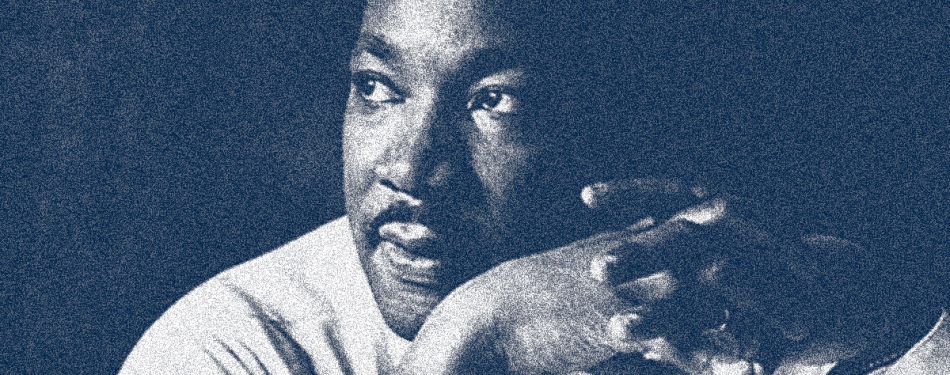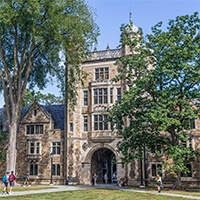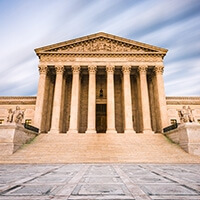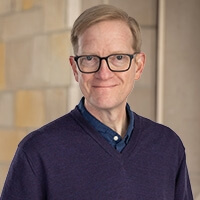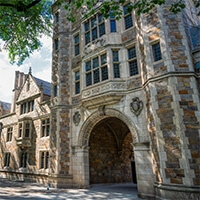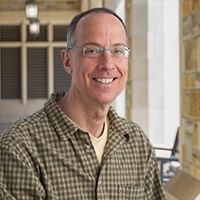Law students, faculty, and community members gathered virtually on Martin Luther King Jr. Day to celebrate the life and enduring legacy of the reverend and civil rights activist. Tanya Washington Hicks, a professor of law at Georgia State University College of Law, delivered the keynote address after being introduced by Mark D. West, the David A. Breach Dean of Law and Nippon Life Professor of Law. Professor Washington Hicks urged attendees to learn from the examples of Dr. King and others throughout history to do good within the legal profession.
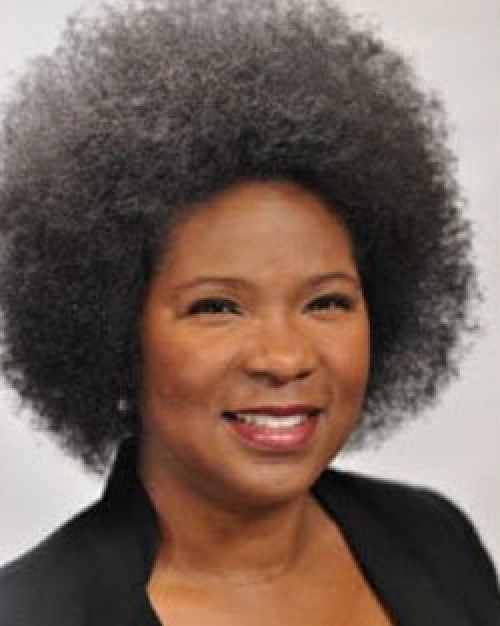
Washington Hicks described her journey to becoming an activist lawyer through personal experience. When Atlanta was hit with devastating floods in 2009, her home and those of many of her neighbors in the historically Black neighborhood of Peoplestown were significantly affected. When the city initiated clean up efforts, it started to enforce eminent domain laws and began to displace residents in her neighborhood. Washington Hicks described waking up one morning to the sounds of the home next door being leveled, and in that moment decided to take action.
Washington Hicks researched homeowners’ protections, statutes of limitations, and presumptions of necessity—among other things that were at first outside her purview as a civil procedure professor—and chose to do what she could to help her neighbors. She ultimately determined that the residents of Peoplestown would have greater protection against the city within the context of a lawsuit, so she and others made the decision to not vacate their homes. Though many homes have been vacated and torn down since, the dispute is ongoing.
Not even Dr. King was born a leader, Washington Hicks noted. “He had to make a decision that he was going to dedicate his entire life to his mission.” Similarly, Washington Hicks made her own choice to be an activist through resistance. She encouraged attendees to consider the areas within their own lives where they could make the choice to show up for a cause greater than themselves, even now—without waiting to graduate, to pass the bar, or to begin practicing—to do good for society. “If one assumes leaders are born,” Washington Hicks said, “then we excuse ourselves from participating.”
As a “community lawyer,” Washington Hicks stressed that client-centered advocacy is imperative. “You can’t tell the community what they want, you need to make yourself available as a tool and resource” to discover the shared goals of a community. Washington has fought for Peoplestown for nearly a decade, including frequent contact with the media to keep energy high and keep the greater city informed. Ten years later, only five houses remain, but Washington Hicks noted, “Whatever the outcome is, the fight is worth it.”
Washington Hicks earned her JD from University of Maryland School of Law and then clerked for Associate Judge Robert M. Bell on the Maryland Court of Appeals. After practicing as a litigator at Piper & Marbury, she completed two fellowships and earned her LLM from Harvard Law School. Her articles and op-eds have been published in law journals and periodicals across the nation, and Supreme Court Justice Kennedy cited her co-authored amicus brief in the landmark marriage equality decision, Obergefell v. Hodges.

